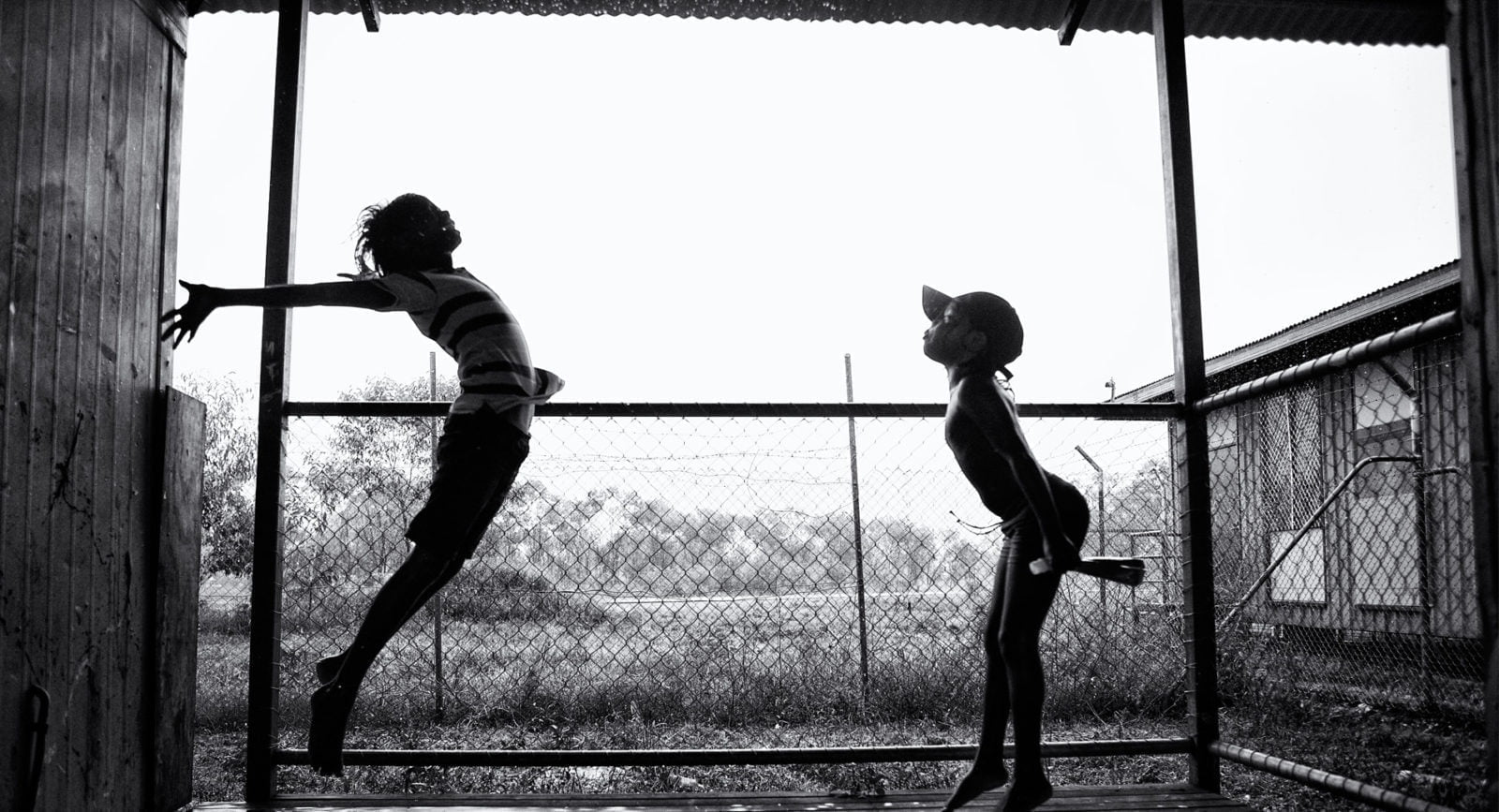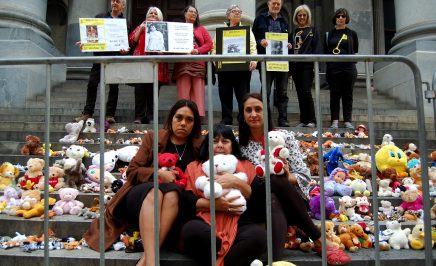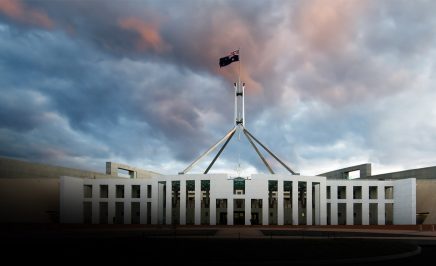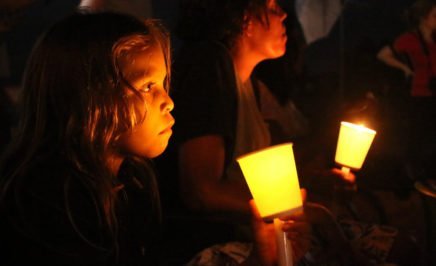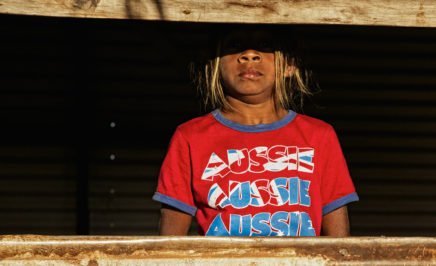Amnesty International has today called on the Northern Territory Government to fast-track raising the age of criminal responsibility to at least 14, saying that it is an unprecedented opportunity to divert children out of prison into therapeutic prevention and diversion programs.
As part of releasing Safe, Thriving and Connected, an implementation plan for the Northern Territory Royal Commission recommendations, the Northern Territory Government today announced $229.6 million in funding over the next five years to continue the overhaul of the child protection and youth justice systems.
In addition to the funding announcement, the plan states that the age of criminal responsibility will be raised to twelve within three years.
In response Amnesty International’s Indigenous Rights Campaigner Belinda Lowe said:
“Whilst the historic investment in community programs is welcomed, unless raising the age is fast-tracked, children under 14 will continue to be harmed under the Minister for Territory Families, Dale Wakefield’s new three year plan. Raising the age immediately is the best step to get kids out of harmful prisons.”
“On an average day there are 49 kids between 10 and 17 in prison in the NT. When we’re talking about such low numbers it’s not unreasonable to expect the NT Government to be able to get the children who are under 14 out and into the programs they are funding this year.”
“The first kids enrolled in the new funded programs should be the 10 to 13 year olds who have been been failed by the system. Australia is lagging behind in this space – if these kids were Azerbaijani or German they wouldn’t be in jail, but Australian ten year olds get locked up.”
“If Minister Wakefield waits three years to take action for children under 14 in her care she will have failed.”
Amnesty International is also calling on the Government to ensure that they work collaboratively and in true partnership with Indigenous communities and leaders throughout the implementation period.
